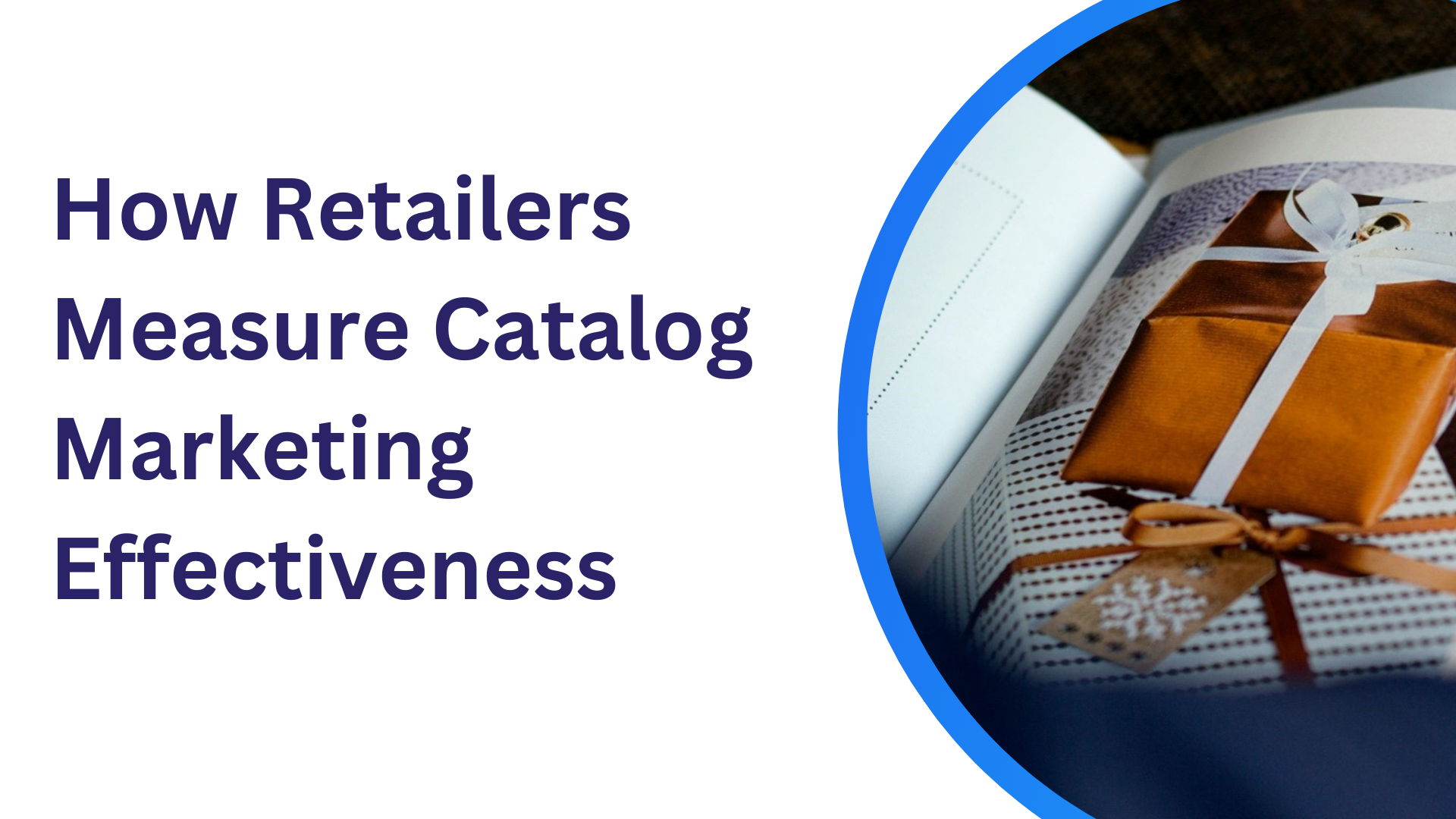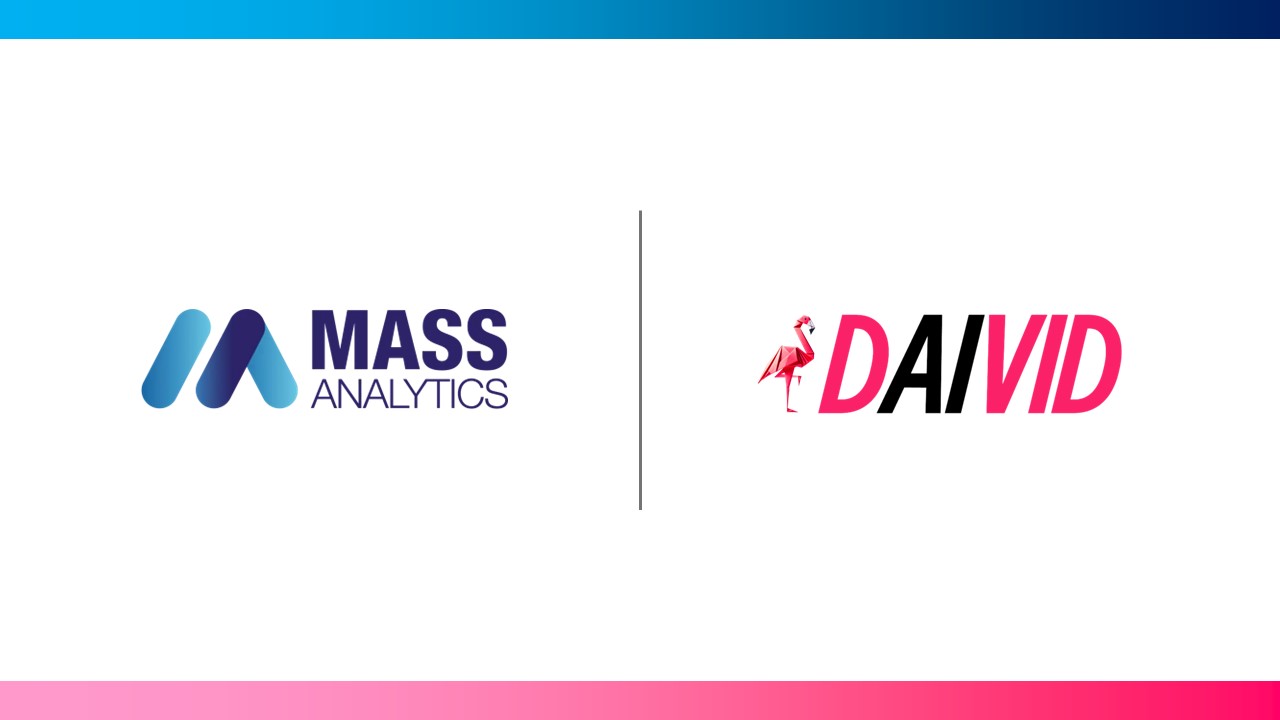How to Build a Strong Brand Loyalty During the Pandemic
Consumers’ willingness to switch brands is on the rise globally as consumer Loyalty feels the effects of COVID-19.
Brands are facing threats related to the two foundations of customer loyalty: trust, and confidence. While we all hope this is a temporary situation, anxiety is high, and people feel uncertain
This has marketing departments scrambling to adjust the way they connect with their audience. It is essential for brands to figure out how to make brand loyalty last, especially in today’s business uncertainty.
The Impact of The Pandemic on Brand Loyalty
The COVID-19 situation has led to lockdown, unemployment, and store closing. Shuttered factories and panic buying generated a shortage of groceries available. This meant that consumers had to deal with what they could find on the shelves. This situation pushed them to try out new brands. It resulted in customers realizing that they could get similar quality products at a lower price and in sometimes abundant supply.
The Importance of Embracing Social Responsibility
In times of COVID-19, consumers were more tempted to buy from brands they feel socially responsible and care about people. Many brands put their own production on hold to support the medical community.
These brands used their manufacturing infrastructure to make masks, as well as other needed supplies when these items were in short supply. Others have taken a stance to support organizations or implemented procedures making it easier for shoppers to donate directly.
Another common approach that has been adopted is to adapt the Marketing plan to the pandemic context.
As such, Marketing teams should re-evaluate their media plan to adjust their efforts to build a sense of community. Taking simple steps to strike the appropriate tone, can make an enormous difference on how customers perceive your brand.
Examples include generating connection-driven content and adjusting brand language rather than pushing a sale.
Brand Loyalty and Consumer Purchase Decision
Contrary to what we might think, brand loyalty has little to do with prices. It is more to do with how people feel towards your brand. Promotional campaigns, social activities, or previously experienced interactions with your company can influence customers’ perception, and that perception will alter the purchase decision. Consumers’ purchase decision keeps marketers up at night. Understanding the decision-making process can help find ways to increase brand loyalty.
According to Nielsen, there are two different types of customer behavior to decode brand loyalty:
- Active explorers: have a high likelihood of trying a new brand different from the one they used to buy.
- Conscious consumers: are loyal to a brand since they prefer to stick to the brands they already tried.
It is important to understand customers’ purchase behavior to build sound brand strategies.
Importance of Insight & Analytics in
Understanding what makes Consumers Loyal
As consumers grapple with uncertainty, their buying behavior becomes more erratic. People might try new things, but we need to keep in mind that they will go with what they enjoy, regardless of price.
That is why you need to differentiate your brand. The question to be asked here is: how can I make more effective, more personal, and more valuable offers for every single customer? This is where the role of data is essential.
Gathering and analyzing information about your customers will help you build a strong strategy on how to approach them in a more personal way.
Modeling consumer behavior through Marketing Mix Modeling software can disentangle brand loyalty impact and uncover ways to better target your customers based on the thorough analysis of their past behavior.
Marketing Mix Modeling tools analyze how customers react to messages, product changes, external factors and interpret associations within the context of the brand.
Build Brand Loyalty Through a
More Human Experience
Coming up with other ways to help your customers through this crisis will be beneficial to the long-term health of your company. Find a reason to engage further and deeper with your customers.
Let them know how important they are to you by keeping their interests first and foremost. You will be consequently rewarded by customer loyalty and trust. Pay attention to your customers’ needs through user-generated data that bring to light exactly how they feel about your brands, products, and services.
This could be done by integrating a feedback survey as part of your marketing process and then implementing their suggestions in your product development roadmap.
When customers feel their opinion is heard and valued, they will pay more attention to your brand’s activities. Consequently, they will feel like they belong to your community.
This will result in more attention towards your future offerings and a stronger brand presence. Consumers generally prefer to stick with what they know but can be persuaded to switch to something different. Don’t let your brand suffer from disloyalty, put your customers’ interests first, this can be an opportunistic time for your brand to thrive.








